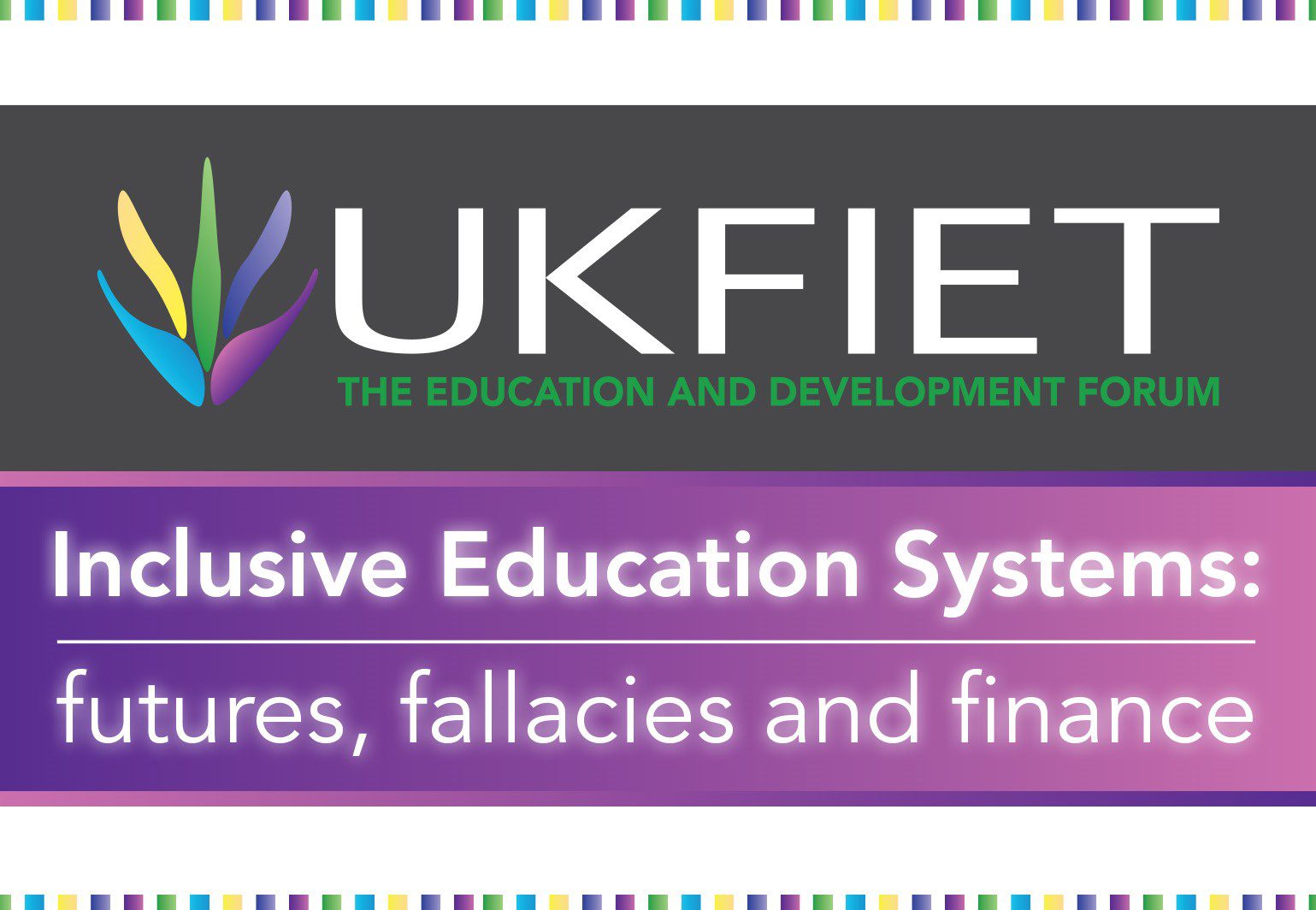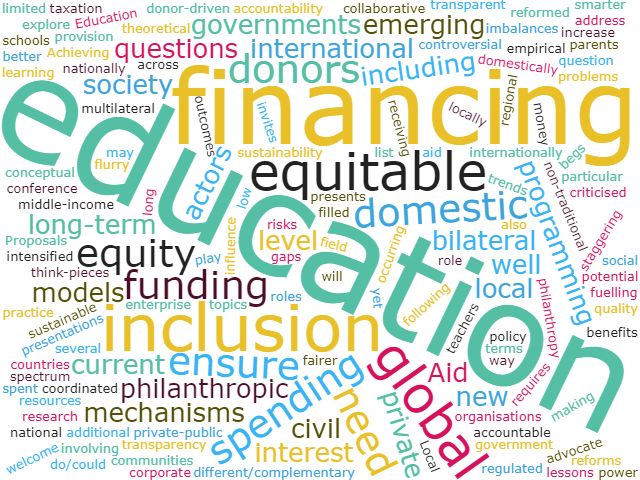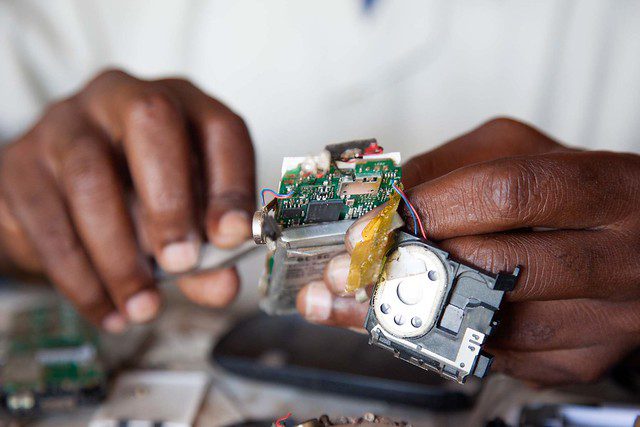Inclusive Education Systems: futures, fallacies and finance
Increasing inequality, protracted conflict, accelerating climate change, financial uncertainty and rapid transformation of labour markets are all exerting considerable pressure on education systems. And within national systems there is stark evidence of high levels of inefficiency and inequality; many children have limited experience of school, and for many more their experiences are not productive for them or their families. Changes at system level and beyond are critically needed to deliver better learning outcomes for all – children, youth and adults – including the most vulnerable and marginalised.
| How can education systems be reformed in ways that enable them to provide large scale solutions to respond effectively to diverse needs? |
| What bespoke solutions are needed to enable the most marginalised to participate in education? |
| How can fallacies concerning the feasibility of reform and the prospects of achieving multiple goals be addressed? |
| How can global and national finances be mobilised in an effective way to enable the necessary reforms to take place? |
| How can we ensure that educational development assistance is directed towards real needs and priorities, and not towards increasing inequity and insecurity? |
| How can local and marginalised communities participate in the debate over educational futures? |
| What roles can data play in driving system level improvements? |
| How might ICTs be harnessed to widen access to education, including vocational training? |
| How are normative approaches to social justice being challenged or reproduced in education system reform? |
| What is needed for informal and adult learning to flourish and become sustainable? |
We are seeking conference committee members apply by 24 September
The conference will explore these questions and more through a number of sub-themes to be announced in January 2019 along with the call for abstracts.






What roles can data play in driving system level improvement is important topic to speak about